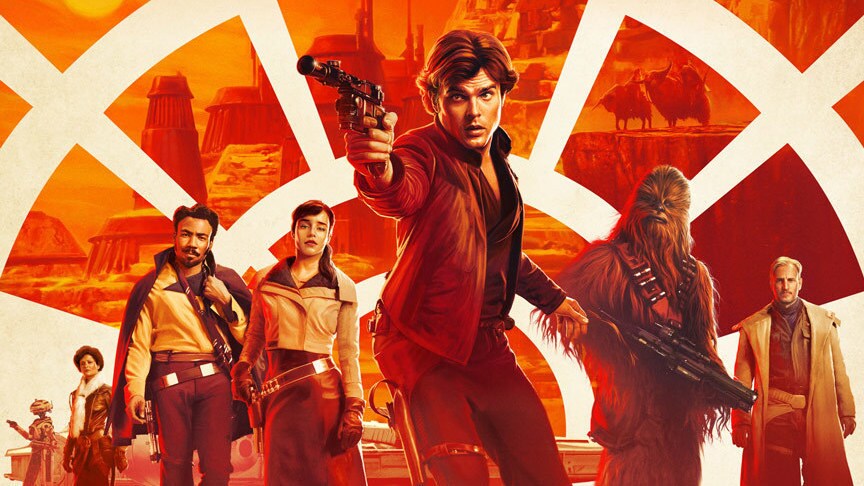 |
| Toni Collette stars as a hysterical mother in the supernatural thriller "Hereditary". Courtesy of A24 |
Hereditary (2018, directed by Ari Aster. USA, English, Color, 127 minutes) A good thriller can be compared to a puzzle. You start with the border, establishing the basic framework of what you will be working with and starting to get all of the pieces in place for what will make up the whole picture. Little by little, pieces of information come together and you start getting caught up in the mystery of how everything works in tandem. Sometimes you get a little frustrated when you don't understand why pieces aren't working together, but you keep powering through to the end. When finally you get that last piece into place you feel fulfilled that you accomplished the task and you know why and how the pieces fit together like they did. A small hint here and a big hint there make the infinite number of pieces of jagged edges meld in the most beautiful way that you wonder how you didn't figure it out more effortlessly the first time.
But what if the final product seems less than what was anticipated as the process was ongoing? As if you didn't realize the artwork you were watching bloom in front of you just wasn't worth the time.
That's how I felt about "Hereditary," a new film that has more genre identifiers attached to it (supernatural, horror, psychological thriller) than it does a good story to merit any one of these adjectives. This tale about a family trying to understand the supernatural ways that are controlling them is plucked from the plots of "Rosemary's Baby" and "The Others" and other truly horrifying films. "Hereditary" was not scary in the psychological way that keeps horrific ideas impaled in our minds for days, nor was it jump-scare city like in last year's adaptation of "It": It simmers slowly to an end that is quite lampoon-ish and doesn't work from the 90 minutes that preceded it. (SPOILER ALERT!!!) Nothing is explained on why some kind of lineage of witchcraft exists or it's needed importance to this family and this story. It's just there to make the film whole.
A great thriller can really build up the suspense for a period of time and then let out the steam with an ending that either answers the questions that it poses, or leaves it open-ended to keep you guessing and intrigued further (à la Michael Haneke's masterful 2005 film Caché). "Hereditary" doesn't answer its own questions or leave anything out in the open to consider further. However, and this is a big plus, there are moments in this film that breathe new life to the horror genre - if that's what this is to be classified as - that will leave you a little unsettled and astounded.
Anchoring this methodical exercise of the unknown is Toni Collette, whose performance as an emotionally-wrecked mother dealing with tragedy after tragedy is nothing short of ravishing tour de force. Collette is the absolute highlight of the film, taking the reigns for such a complex character as she plays the entire spectrum of acting from silent somber, to campy, to rage, to paranoid hysteria. She is the life blood of the film and she carries it with intense fascination as we slowly realize the goofy plot that eventually comes to fruition. Her performance is one of, if not the best she has given in her decades-long career.
"Hereditary" is a film that has great technical skill that unfolds ever-so-slowly to an ending that wasn't worth the meticulous care brought to it. Ultimately, this puzzle was enjoyable to put together even if there were a few too many leftover pieces that writer/director Ari Aster didn't want to throw away.



